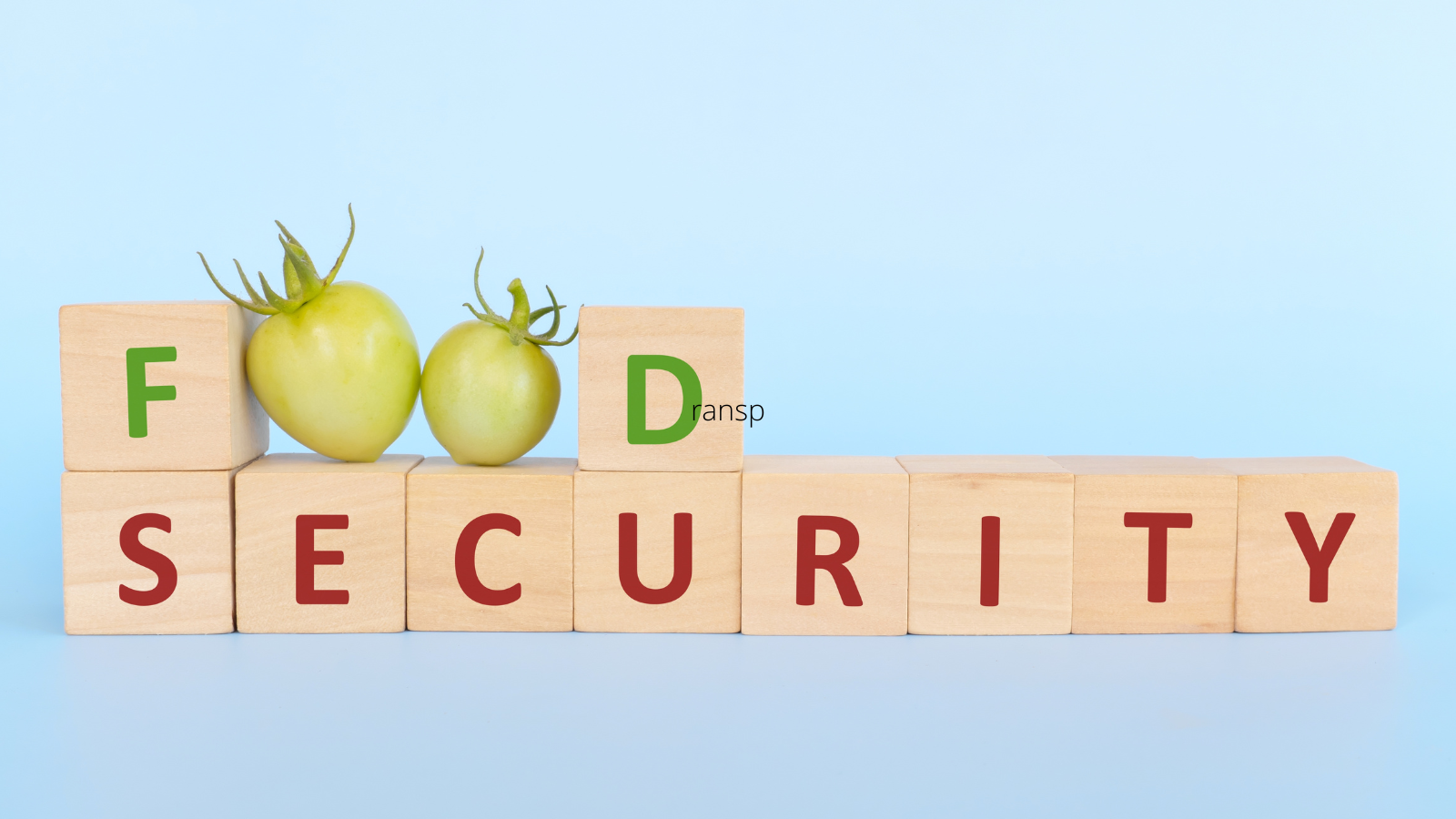Friday, 16 July 2021
Following the identification of ethylene oxide contamination of the additive locust bean gum(E410) in some food products in Europe, the Food Safety Authority of Ireland (FSAI) today, in line with other EU Member States is undertaking a precautionary recalls and withdrawals of implicated food products.
Following the identification of ethylene oxide contamination of the additive locust bean gum (E 410) in some food products in Europe, the Food Safety Authority of Ireland (FSAI) today, in line with other EU Member States is undertaking precautionary recalls and withdrawals of implicated food products.
Locust bean gum is a vegetable gum extracted from the seeds of the Carob tree. It is approved for use as a food additive in the EU where it is used mainly as a thickening agent or stabiliser. It is approved for use in a range of foods including ice-cream, breakfast cereals, meat products, confectionery, follow on formulae, fine bakery wares, fermented milk products and cheese.
The consumption of foods containing ethylene oxide does not pose an acute risk to health, but there is an increased health risk if foods contaminated with ethylene oxide are consumed over a long period of time. Therefore, exposure to ethylene oxide needs to be minimised and contaminated product must be removed from the market.
The FSAI is working with the EU Commission and its Member States in relation to this issue. Similar recalls and withdrawals are being carried out across Europe where contaminated product has been identified. The FSAI is also working with its official agencies in relation to the identification of the contaminated additive (E410) that may have been supplied to businesses or food manufacturers in Ireland.
The FSAI will provide updates as and when available, it will also list affected food products as identified on its website.
For more information, please see our Q&A and the website of the European Commission.
To subscribe for food alerts, see: www.fsai.ie.ie/subscribe.

.png?w=1600&h=900&ext=.png&width=400&resizemode=force)